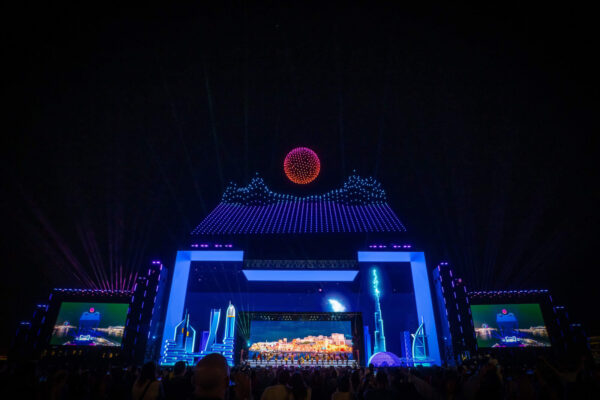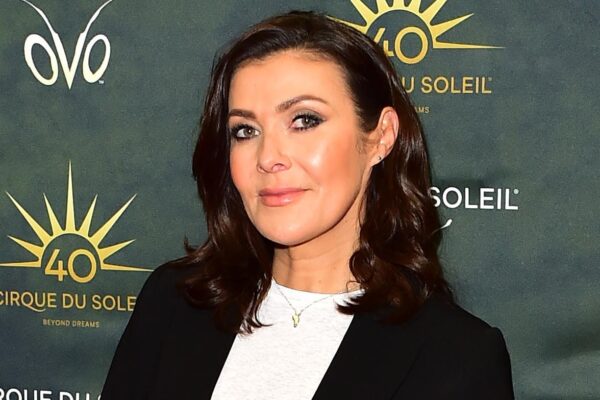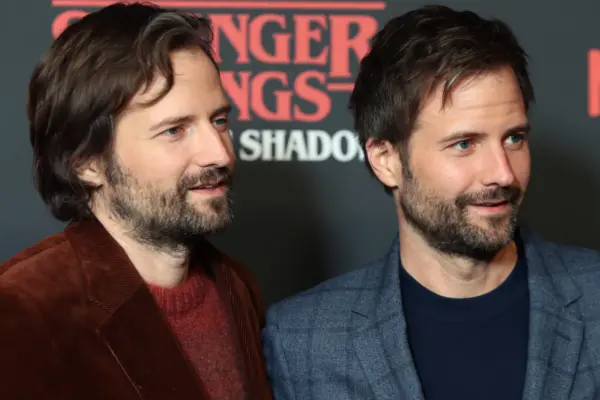
Introduction
The Marvel Universe, a cornerstone of contemporary entertainment, continues to captivate millions across the globe. With its rich storytelling, diverse characters, and expansive universe, Marvel has not only transformed the film industry but has also influenced popular culture significantly. As new films, Disney+ series, and comic releases unfold, the relevance of Marvel in today’s society remains paramount.
Key Developments in the Marvel Universe
In recent months, Marvel has made headlines with the highly anticipated release of its films and series, including ‘Black Panther: Wakanda Forever’ and the hit series ‘Ms. Marvel’. The latter, which introduced Kamala Khan to the screen, marked a significant step toward greater representation in superhero narratives, resonating with younger audiences and minority groups.
Furthermore, Marvel Studios is gearing up for its next phase of storytelling, aptly titled Phase Five, encompassing several interconnected stories and character arcs. Expected highlights include ‘Secret Invasion’, featuring Samuel L. Jackson reprising his role as Nick Fury, and the eagerly awaited sequel to ‘Captain Marvel’. These projects not only aim to expand the Marvel narrative but also promise to feature deeper, more complex themes that reflect current societal issues.
The Impact of Marvel on Pop Culture
Marvel’s storytelling prowess has led to a revival of the comic book genre, with comic sales hitting record highs over the past few years. Events like ‘San Diego Comic-Con’ have evolved into significant cultural gatherings, drawing fans and creators together to celebrate Marvel’s impact. Merchandising, video games, and cosplay surrounding Marvel characters also reflect their status as cultural icons.
Moreover, Marvel’s success has impacted social discourse, as themes of heroism, identity, and morality are explored in profound ways. This has spurred discussions about representation, diversity, and the role of superheroes in modern society, prompting creators and fans alike to engage in more meaningful dialogues.
Conclusion
The Marvel Universe is a dynamic and ever-evolving entity that extends beyond entertainment into the realms of cultural commentary and identity formation. As it continues to grow, the exploration of new characters and narratives will likely inspire future generations, solidifying Marvel’s status not just as a franchise, but as a cultural phenomenon. With an enduring global fanbase, the future looks bright for Marvel, and its influence on the film industry and society at large will surely persist.
You may also like

The Vital Role of Live Shows in Modern Entertainment

Kym Marsh: A Journey Through Entertainment and Achievement

Are the Duffer Brothers Twins? Exploring Their Relationship
SEARCH
LAST NEWS
- Remembering Wendy Richard: The Promise to Co-Star Natalie Cassidy
- How Did Anglian Water Achieve an ‘Essentials’ Rating for Mental Health Accessibility?
- Shai Hope Leads West Indies in T20 World Cup Clash Against South Africa
- What We Know About Weston McKennie: Future at Juventus and Past at Leeds
- What We Know About the Upcoming Live Nation Antitrust Trial